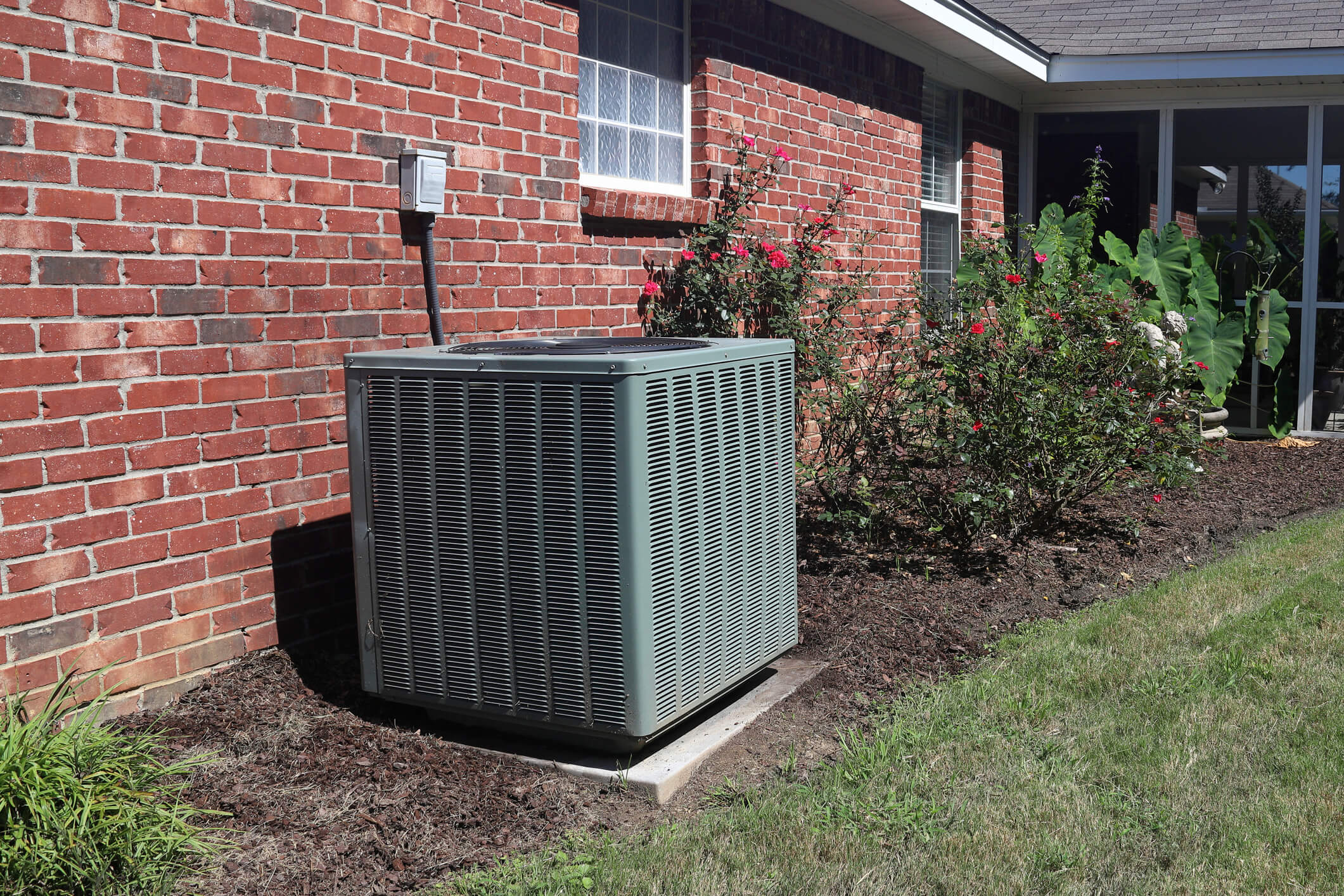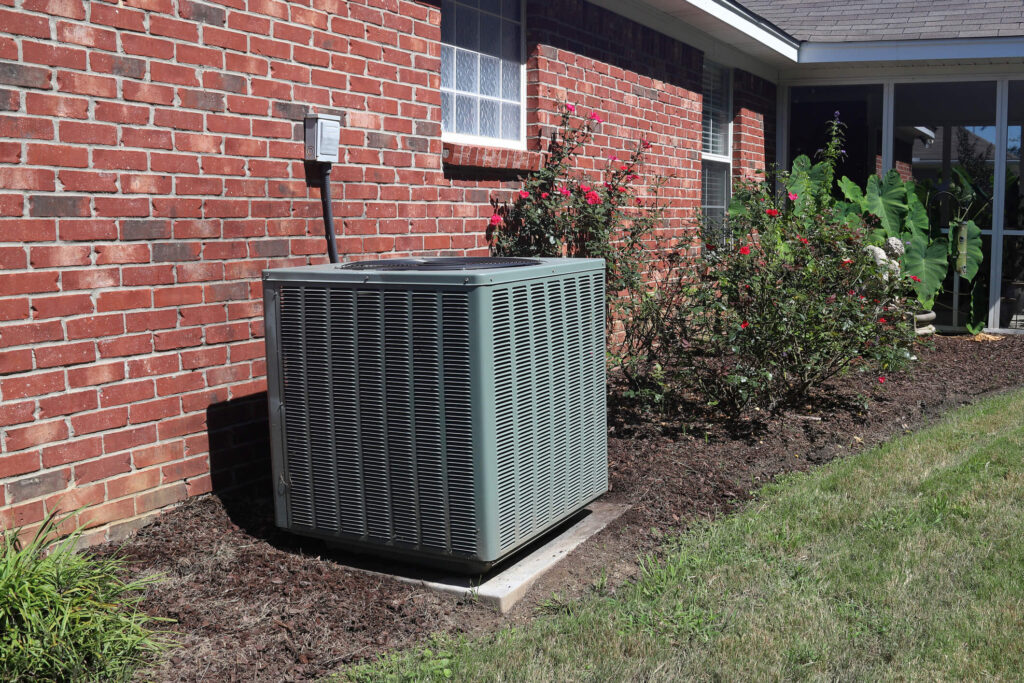The HVAC unit is arguably the most critical aspect of a Florida home’s functionality. A general knowledge of this essential system can ensure that your investment is adequately maintained and lasts as long as possible. To that end, A/C manufacturers provide needed information. Have you ever noticed the bright yellow sticker on the side of your AC unit? This sticker is part of a federal HVAC unit mandate and indicates your system’s SEER rating.
What is a SEER rating, and how does it relate to your system’s performance? Let’s take a look.
Seasonal Energy Efficiency Ratio – SEER
SEER stands for Seasonal Energy Efficiency Ratio (or Rating) – the latter terms can be used interchangeably. SEER is representative of a unit’s maximum efficiency throughout a cooling season. The less energy the unit uses to produce the proper amount of cooling, the higher the SEER rating.
The SEER rating is used exclusively with central cooling, so any ratings on window or external units are entirely different. Florida’s current minimum SEER rating is 14, with a bump up to 15 expected in 2023. Higher SEER ratings mean more efficient energy usage, so your energy cost will be lower given the same amount of AC usage.
The SEER ratio of a unit concerns only its energy efficiency, but there are other benefits as well.
Is My SEER Rating Too Low?
Nowadays, nearly every home is equipped with a unit exceeding a SEER rating of 13. Older homes that have not been upgraded for a long time might have a SEER ratio as low as 8, but those systems are significantly less efficient compared to newer models today. Because of this, swapping to a more recent model will guarantee savings over the equipment’s lifetime and reduce the headaches from the frequent maintenance and breakdown of old systems. If you feel that your AC cannot keep up with demand on hot summer days, upgrading to a more efficient unit will help bring the temperature down when you need it most.
However, if your A/C performance seems inadequate, but the SEER rating is current, simply replacing your A/C unit may not be enough. You may have underlying issues which can be diagnosed and fixed by a trained HVAC professional. Your SEER rating is not the be-all-end-all, and the unit’s efficiency might vary based on the size and layout of your home and the quality and cleanliness of your air ducts.
Which SEER Rating Is The Best Fit?
Higher-rated, more complex, and efficient units typically have a higher price tag, but they will likely save the homeowner money month-to-month. There are also additional benefits in swapping besides the reduction in monthly bills:
- Financial Incentives – Depending on where you live, there may be financial incentives from the local or state government concerning energy-efficient systems.
- Lower Environmental Impact – If you want to play your part in reducing energy usage overall, a more efficient system will lessen your household’s overall carbon footprint for the unit’s lifetime.
- Comfortability – Higher-rated units can keep the house cool in a more efficient manner without constant starts and stops of the AC unit. They often also have capabilities that help to reduce the humidity in the house and keep a consistent temperature throughout.
If your AC unit is not performing at its best, or your bill is climbing every month, it might be time for an upgrade.
To learn more about the best A/C unit for your needs, call the experts at Ocean Air. We provide trusted professional HVAC advice, sales, and service from Sun City to North Port.



